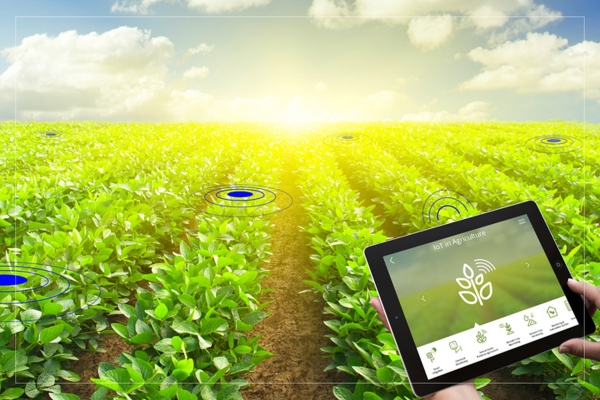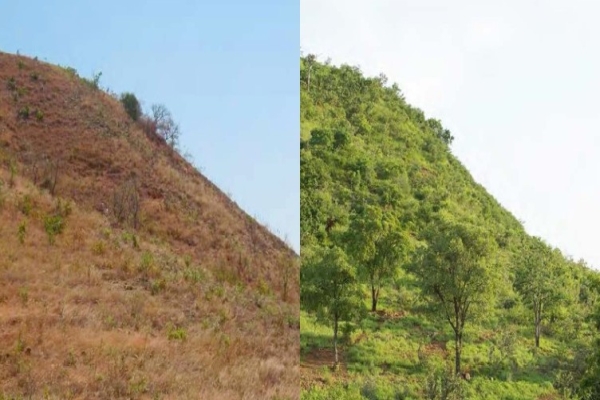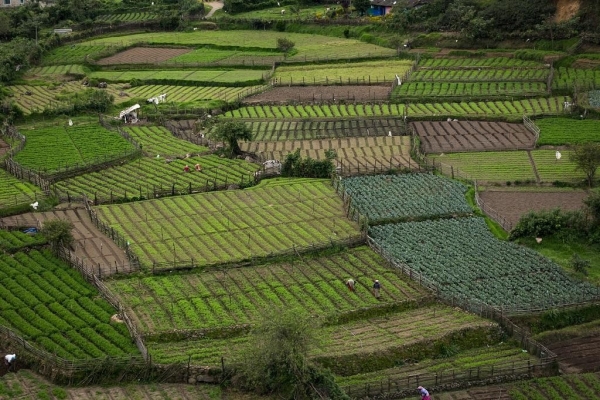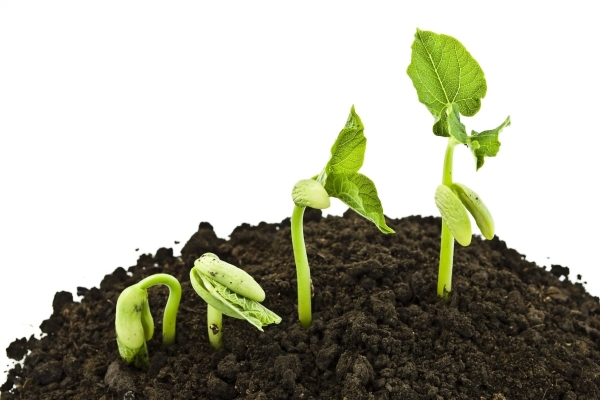Ibn al-Awwam al-Ishbili: Muslim Agriculture Scholar
- فبراير 5, 2025
- 2 minutes
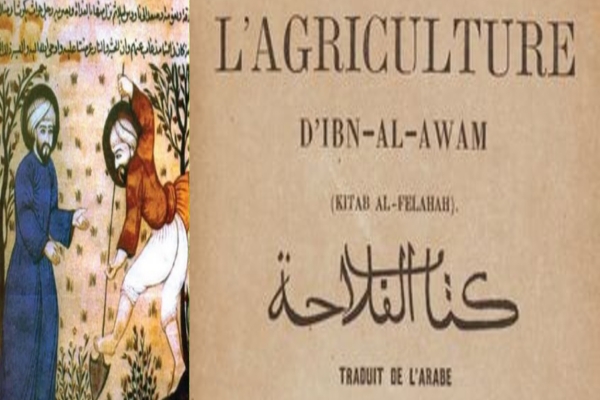
Ibn al-Awwam al-Ishbili was a prominent agricultural scientist during the Andalusian era who made significant contributions to the field. Born in Seville, Spain, he came from a wealthy family that owned farmlands, which sparked his passion for agriculture from a young age. He studied under various scholars of his time, gaining knowledge in multiple fields such as astronomy and medicine.
The Book of Andalusian Agriculture
Ibn al-Awwam authored his famous “Book of Agriculture,” considered one of the most important agricultural works of the Middle Ages. The book consists of 34 chapters covering all aspects of agriculture, including:
- Details on 585 plant species : The book provides comprehensive information on how to cultivate and care for these plants.
- Cultivation of over 50 types of fruit trees : This includes techniques for planting, pruning, and production.
- Valuable notes on soil and fertilizers : The book discusses the effects of different soils on crops and how to improve them using fertilizers.
- Agricultural calendar : Ibn al-Awwam was one of the few Andalusian scholars to include an agricultural calendar in his work, helping farmers organize planting and harvesting times.
- Chapters on animal husbandry : The book also covers livestock rearing, including cattle, sheep, goats, camels, horses, mules, donkeys, poultry, and bees.
Scientific Experiments
Ibn al-Awwam was a pioneer in conducting agricultural experiments. He experimented with olive cultivation and developed new grafting techniques. He also recorded his experiments in growing saffron under irrigation, demonstrating his ability to innovate and adapt to environmental conditions. Ibn al-Awwam stated:
“As for my personal contribution, I present nothing that I have not first proven through repeated experiments” (Ibn al-Awwam, Clément-Mullet 1866, Part One, p. 9).
Among the experiments he recorded was grafting wild mountain olives with domestic plain olives, and successfully growing saffron under irrigation in mountainous areas.
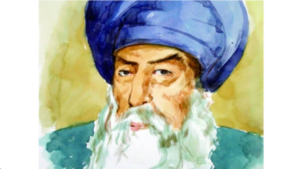
His Agricultural Innovations
Irrigation Techniques
Ibn al-Awwam was the first to use techniques such as drip irrigation, which helped improve water use efficiency and increase crop productivity. He also presented ideas on water management, such as irrigation timing and the amount of water required for each growth stage.
Greenhouses
Ibn al-Awwam is also considered one of the first scientists to use greenhouse-like structures, which helped protect plants from harsh weather conditions and extend the growing season.
Legacy and Impact
Ibn al-Awwam’s influence extends beyond his era, with his work shaping modern understanding of agriculture. His “Book of Agriculture” remains a fundamental reference for farmers and researchers to this day and has been translated into several languages, helping spread agricultural knowledge across cultures. Ibn al-Awwam’s contributions embody the creativity and innovation in agriculture during the Islamic Golden Age, making him a central figure in the history of farming and botany.





